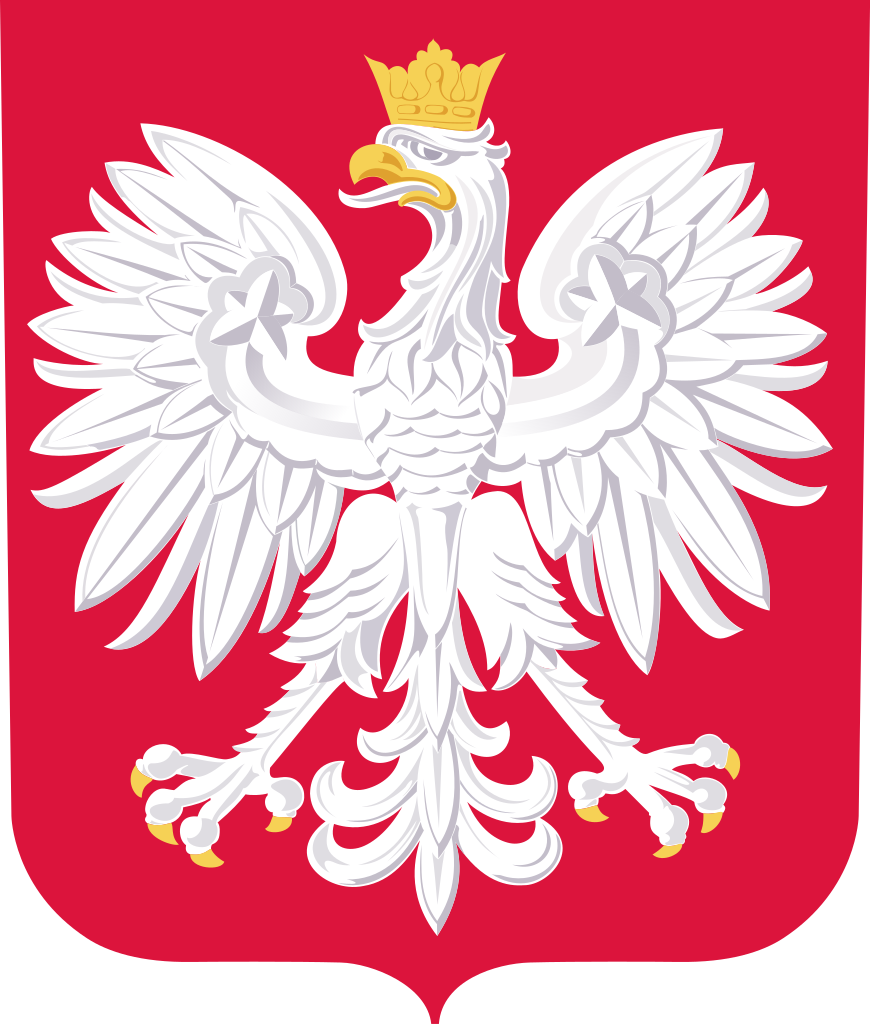Partnerstwo ERA4Health (Fostering an European Research Area for Health) jest kontynuacją programów typu ERA-NET (m. in. ERA CVD i HDHL) w nowej perspektywie finansowej Horyzont Europa. Program angażuje 31 instytucji z 23 państw we współpracy, której celem jest stworzenie warunków do rozwoju, wymiany wiedzy i doświadczeń oraz integracji źródeł finansowania badań w obszarze zdrowia w krajach partnerskich.
ERA4Health stawia sobie za cel:
- Wsparcie badań medycznych, w tym klinicznych, związanych z zapobieganiem, diagnostyką i leczeniem;
- Poprawę wykorzystania istniejących technologii medycznych w praktyce klinicznej;
- Budowę potencjału, w szczególności w prowadzeniu IICS na skalę europejską;
- Wdrożenie i rozwój Odpowiedzialnych Badań i Innowacji (RRI).
Informujemy, że w ramach partnerstwa ERA4Health 3 listopada 2023 r. startuje międzynarodowy konkurs pt. “Modulation of brain ageing through nutrition and healthy lifestyle” (NutriBrain).
Wnioskodawcą po stronie polskiej może być:
- Organizacje badawcze
- Mikro/małe/średnie/duże przedsiębiorstwa
- Grupy podmiotów
Zakres tematyczny:
Proposals shall include one of the following approaches, such as:
- Pilot test interventions that will help to lower the risk of cognitive impairment manifestations related to a pathological brain ageing
- Upscaling of existing pilot interventions that will help to lower the risk of cognitive impairment manifestations related to pathological brain ageing
Proposals may be supplemented by one of the following approaches, such as:
- Mechanistic / experimental research focusing on how specific lifestyle factors influence brain ageing
- Translational research that will establish proof of concept, in order to support the development of effective health-improvement strategies and/or solutions to promote a healthy brain.
In addition, the following points should be considered:
- Research proposals may focus on specific population groups, e.g., those living with obesity and/or sarcopenia or with specific phenotypes, who may benefit from particular dietary and/or physical activity and life-style interventions, but can also focus on broader populations groups.
- For projects focussing on the prevention of cognitive impairment before the onset of clinical symptoms, the target group is not necessarily elderly, but may also include adults of other age groups.
- Applicants should make use of existing biobanks and cohorts, if applicable. Otherwise, it should be explained why existing cohorts are not used.
- Applicants need to define the standardized approach for sample collection, isolation and analysis methods and explain the tools they plan to use to measure nutritional status, dietary consumption, eating behavior, other lifestyle factors and cognitive decline as well as cognitive impairment through ageing in their proposals.
- Where relevant, investigations should employ existing biomarkers/surrogate outcomes that relate strongly to the risk of cognitive impairment. These include biomarkers related with the gut-brain axis, neuroendocrine signalling, and microbiota, especially those easily affordable and feasible to obtain. Furthermore, other more sophisticated biomarkers derived from cerebrospinal fluid and image should be considered. The development of new biomarkers is not within the scope of the call.
- There may be opportunities to also use omics approaches, brain imaging, microbiota study linked, digital health data to get robust measures of diet, nutritional status, physical activity, sleep, social interaction, stress in well-characterised prospective cohort studies in adults and older people.
- The project should be consumer-centred: the involvement of the target population in the research is strongly encouraged at all stages of research design, implementation, analysis and dissemination. Research proposals are encouraged to also apply participatory methods, participatory agenda settings, informal settings, crowdsourcing data collection.
- Proposals should consider potential moderators of effects such as age, sex, gender and ethnic or other demographic features/differences in the respective research approaches.
- Where relevant, emerging model systems should be preferred to animal models. Research may make use animal models only for investigations that are impractical or unethical in humans and they must be justified. In this case, it is important to have mechanistic studies combined with observational research emphasising humans and a clarification is needed on how the observations of animal models translate to humans (back and forth translation).
- The impact indicators shall be identified at the project proposal stage.
- Applicants are encouraged to consider the gender balance in the composition of the consortia and to balance the responsibilities between them.
- The proposed research shall not overlap with previous studies funded under the JPI HDHL and JPND calls or collaborations should be established.
- Early Career Scientists (Master students, PhD students and post-docs) are encouraged to participate in the consortium.
- Proposals that relate purely to the study of pathomechanisms are not eligible for funding in this call.
Na dofinansowanie udziału polskich podmiotów w projektach wyłonionych w ramach konkursu NCBR przeznaczyło budżet w wysokości 1 250 000 euro.
Harmonogram konkursu:
- Rozpoczęcie naboru wniosków wstępnych: 10 listopada 2023 r.
- Zakończenie naboru wniosków wstępnych: 15 stycznia 2024 r. (16:00, CET)
- Rozpoczęcie naboru wniosków pełnych: 27 marca 2024 r.
- Zakończenie naboru wniosków pełnych: 27 maja 2024 r. (16:00, CET)
- Wyniki konkursu i publikacja listy rankingowej: listopad 2024 r.
Szczegółowe informacje dostępne są na stronie: https://www.gov.pl/web/ncbr/era4health-konkurs-nutribrain-2024

